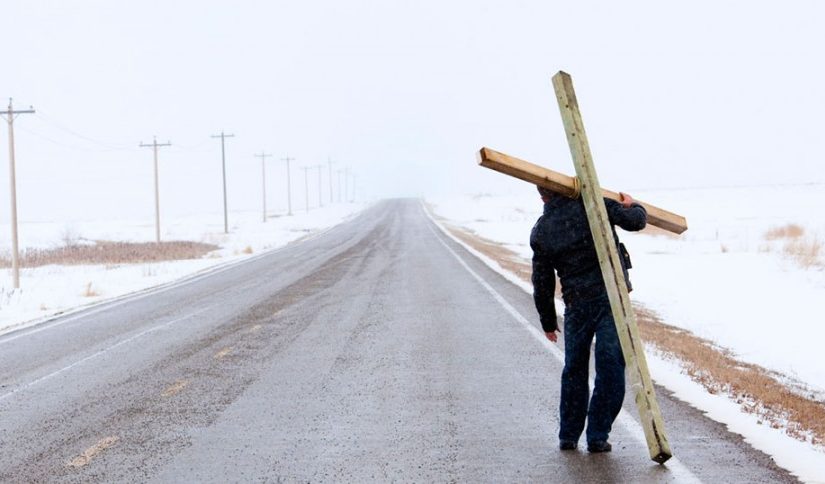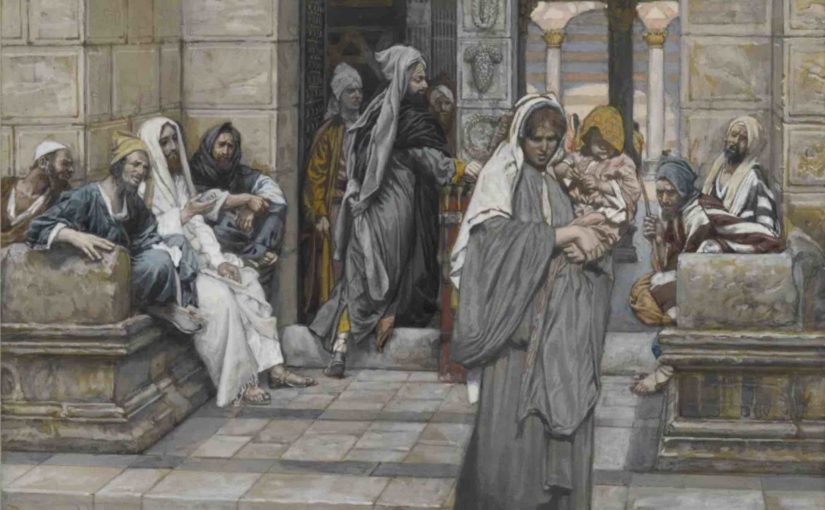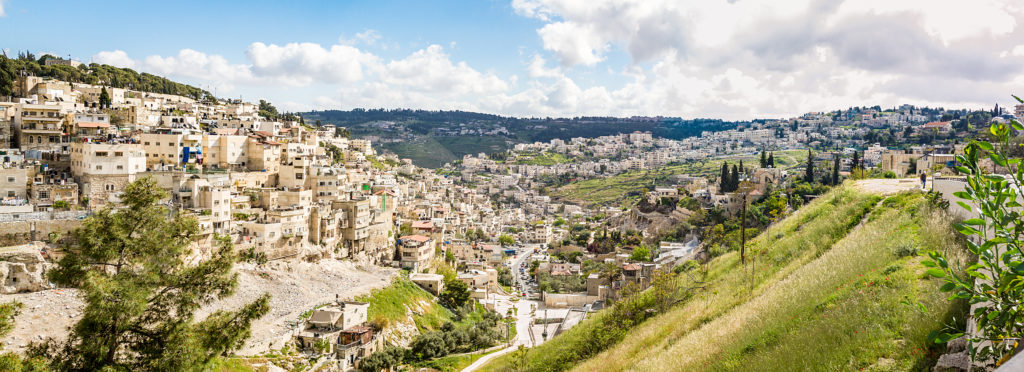In today’s scripture covering the words of Jesus, we look at Luke 4. This is a continuation from yesterday’s message in Luke 3, where John the Baptist taught about repentance, turning from sin, and being baptized. Luke 4 picks up after Jesus’ baptism and goes right into Jesus being tempted by Satan in the dessert. I love this picture of the human side of Jesus, and I’m going to look across the other gospels to show this full picture, because I love everything about this passage!
Matthew, Mark, and Luke each record different aspects of the temptation. Most bible scholars agree that Jesus was fasting in the wilderness for 40 days, during which time Satan was tempting him. At the end of the 40 days, Satan tempted him with three specific things that are recorded in detail (Matthew 4:1-11, Mark 1:12-13, Luke 4:1-18).
The situation is intriguing from the very beginning. The Holy Spirit directs Jesus to go to the wilderness to be tempted. Jesus was sent there for a purpose! A lot of times I think we create and walk right into our own messes – we made choices that lead to the storm we find ourselves smack dab in the middle of… But there are other situations that truly pop up out of the blue, and we are left scratching our heads with questions like… Why am I here? How did this happen? What am I supposed to make of all of this? Just maybe we are led there for a reason. Jesus was led by the Holy Spirit into this temptation for a purpose. And we shouldn’t underestimate the power of the Holy Spirit to lead us to places that have tempting situations. Why? Why would He do that? God uses victory over temptation as an example for others. What example is God using in your life for others? Is there an area you need to take a more black and white stand, as an example for others? Are you tempted to stay silent when you need to speak truth into a situation?
Next, we look at how Jesus was tempted. Sounds pretty familiar to the same types of things we are tempted by… physical needs and desires (bread), power (the world), and lastly, He was tempted to test God (throw Himself off the mountain). Jesus was tempted in the same ways that Satan tries to tempt us today. It’s pretty cool that Jesus walked before us and showed us exactly what to watch for! When you think of these three areas of temptation, is there one you need to take hold of today and claim victory?
How? How can we overcome? BAM – Jesus shows us! He responds to each temptation by reciting scripture (we find it in Deuteronomy) back to Satan. What an awesome example for us to keep the Word of God in our hearts and overcome Satan. Do you have some go-to scriptures that you can use when you’re feeling tempted? Here are a few of mine:
Keep thy tongue from evil. Psalm 34:13
Vengeance is mine sayeth the Lord. Romans 12:19
Whatsoever things are good, whatsoever things are lovely, think on THOSE things. Phil 4:8
Fear not, I am with thee. Isaiah 41:10
Depart from evil and do good. Psalm 34:14
My God will supply all your needs. Phil 4:19
Love your enemies, bless them that curse you. Luke 6:27
As cheesy as it sounds, I like to say them out loud. There’s power in verbally declaring victory over the enemy!
The last piece of Jesus’ temptation is His Father’s care and compassion. After Jesus endured the temptation, God sent help (His angels) to comfort and minister to Jesus. I really don’t know exactly what this means (not much is explained), but I’ve always envisioned some sort of angel cheerleading situation. V-I-C-T-O-R-Y, GOOOOOO JESUS! Oh, and I also picture them carrying lots of bread. All the bread. As a grain-a-holic myself, my version of this story is with a satchel full of naan, baguettes, bagels, all of it. I mean, Jesus was fasting for awhile!! In all seriousness, when we are in the middle of a temptation, we can look forward to being replenished by our Father. God will restore our weary souls. Can you look back and see this provision in your life?
God is so gracious to give us this fully-man Jesus to walk before us and show us how to do life on earth. It’s no coincidence that this temptation by Satan occurred right after Jesus’ baptism. The enemy doesn’t want us to gain any ground in our faith walk. When we declare our commitment and belief in God, the enemy will work to shake us. Let’s follow Jesus’ example and be ready, armed with the Word of God!
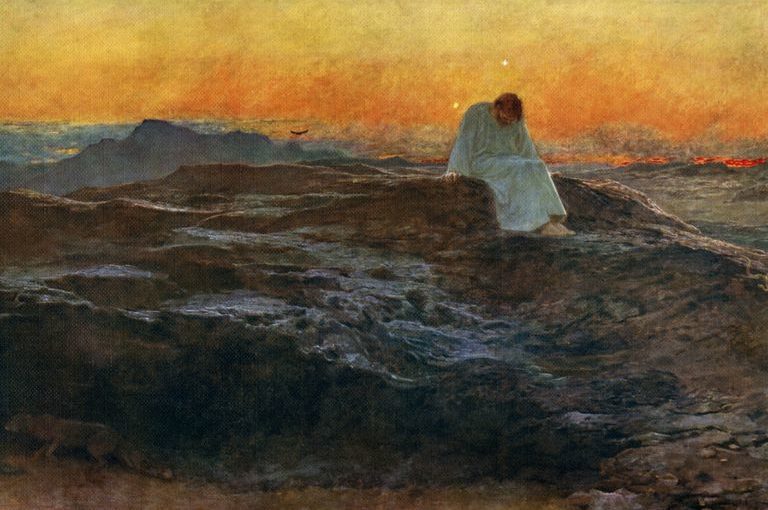
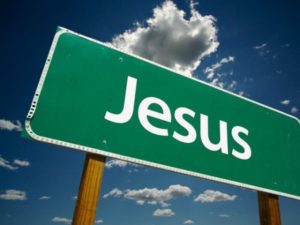

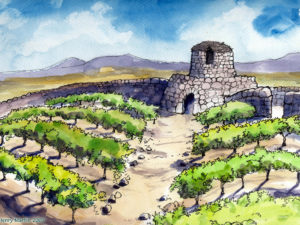 The stage is set for Jesus to tell about three servants sent by the landowner to receive his portions from the land given to the farmers. What happens to the three servants sent?…beaten, killed, and stoned. All dead. After each death the landowner showed grace that in sending his next servant the belief was they would repent and give back the fruits provided for them. Lastly, the farmer sends his own son. Sound familiar… His own son to collect the fruit. What do they farmers do? They plot and murder him in hopes they would then be given the inheritance. In verse 40 Jesus then asks those questioning his authority,
The stage is set for Jesus to tell about three servants sent by the landowner to receive his portions from the land given to the farmers. What happens to the three servants sent?…beaten, killed, and stoned. All dead. After each death the landowner showed grace that in sending his next servant the belief was they would repent and give back the fruits provided for them. Lastly, the farmer sends his own son. Sound familiar… His own son to collect the fruit. What do they farmers do? They plot and murder him in hopes they would then be given the inheritance. In verse 40 Jesus then asks those questioning his authority, 
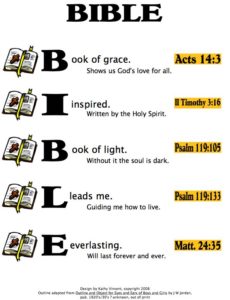 In addition to children to others pass away. Reminding me that I need to be grateful for every breath, but keep faith that God has a plan for everything and everyone.
In addition to children to others pass away. Reminding me that I need to be grateful for every breath, but keep faith that God has a plan for everything and everyone.

